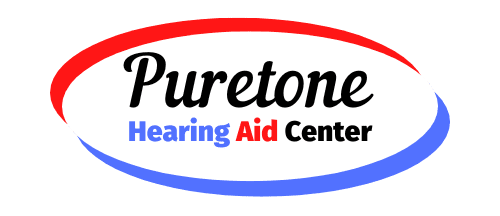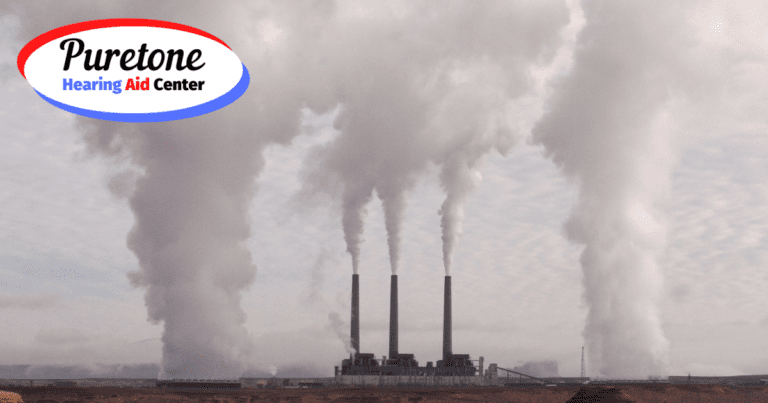Your ability to hear is priceless. It connects you to the world around you, allowing you to engage in conversations, appreciate music, and enjoy the sounds of nature. But have you ever stopped to consider how your environment may be affecting your hearing? Environmental factors, such as pollution, can have a significant impact on your auditory health. In this blog post, we will delve into the link between pollution and hearing loss, as well as explore ways to protect your hearing in a polluted world.
Understanding Pollution and its Types
Before we dive into the relationship between pollution and auditory health, it’s important to understand what pollution is. Pollution comes in various forms, including air pollution, water pollution, and noise pollution. Air pollution refers to the presence of harmful gases and particles in the air, often caused by industrial activities, vehicle emissions, and burning fossil fuels. Water pollution, on the other hand, refers to the contamination of water bodies by toxic substances, waste materials, or pollutants. Lastly, noise pollution is the excessive or annoying noise that is present in the environment, such as traffic noise, construction noise, or loud music.
The Link Between Pollution and Auditory Health
Pollution can directly or indirectly impact hearing. Direct exposure to certain pollutants can damage the delicate structures of the auditory system, leading to hearing loss. Indirectly, pollution can contribute to general health issues that can have secondary effects on hearing. For example, exposure to air pollution has been linked to cardiovascular diseases, which can impact the blood vessels supplying the ear and compromise hearing health.
Air Pollution and Hearing Loss
Air pollution, particularly exposure to harmful gases and fine particles, has been found to contribute to hearing loss. Research has shown that prolonged exposure to air pollutants, such as nitrogen dioxide and particulate matter, can damage the sensory hair cells in the inner ear, leading to hearing impairment. Studies have also suggested a correlation between air pollution and an increased risk of developing tinnitus, a condition characterized by ringing or buzzing sounds in the ears.
Water Pollution and Hearing Health
While the research on the effects of water pollution specifically on auditory health is limited, certain pollutants found in water, such as heavy metals or chemicals, can have systemic effects that may indirectly impact hearing. For instance, exposure to heavy metals like lead or mercury can lead to neurological damage, which includes auditory function. Additionally, contaminated water can also lead to ear infections or inflammation, which can potentially result in hearing loss if left untreated.
Noise Pollution and its Impact on Hearing
Noise pollution is a prevalent issue, especially in urban environments. Prolonged exposure to loud noise, whether from traffic, construction, or recreational activities, can damage the sensory cells in the inner ear, leading to noise-induced hearing loss. The excessive noise can also contribute to tinnitus, as constant exposure to loud sounds can cause damage to the auditory nerves. It is essential to protect your ears from excessive noise by using earplugs, limiting exposure, and maintaining a safe listening volume when using headphones or attending concerts.
Steps to Protect Your Hearing from Environmental Factors
While it’s nearly impossible to completely eliminate pollution from your environment, there are steps you can take to protect your hearing from its detrimental effects:
1. Minimize exposure: Limit your exposure to air pollution by avoiding heavily congested areas or wearing masks when necessary. Use water filters to reduce the risk of consuming contaminated water, and try to choose quieter environments to reduce exposure to excessive noise pollution.
2. Practice good ear hygiene: Keep your ears clean and dry to prevent ear infections, which can affect your hearing.
3. Use hearing protection: When you anticipate exposure to loud noise, such as when operating machinery or attending concerts, wear earplugs or earmuffs to shield your ears from damage.
4. Seek regular hearing check-ups: Regular hearing evaluations can detect any changes in your hearing and allow for timely intervention if needed. A hearing care professional can provide guidance on protecting your hearing and offer solutions, such as hearing aids if hearing loss has already occurred.
If you have any concerns or experiences related to pollution and hearing health, we encourage you to share them with us. Puretone Hearing Aid Center is here to assist you in any way we can. Contact us today to schedule an appointment or learn more about protecting your hearing in a polluted world. Your hearing is worth preserving, and we are committed to helping you achieve optimal auditory health.



